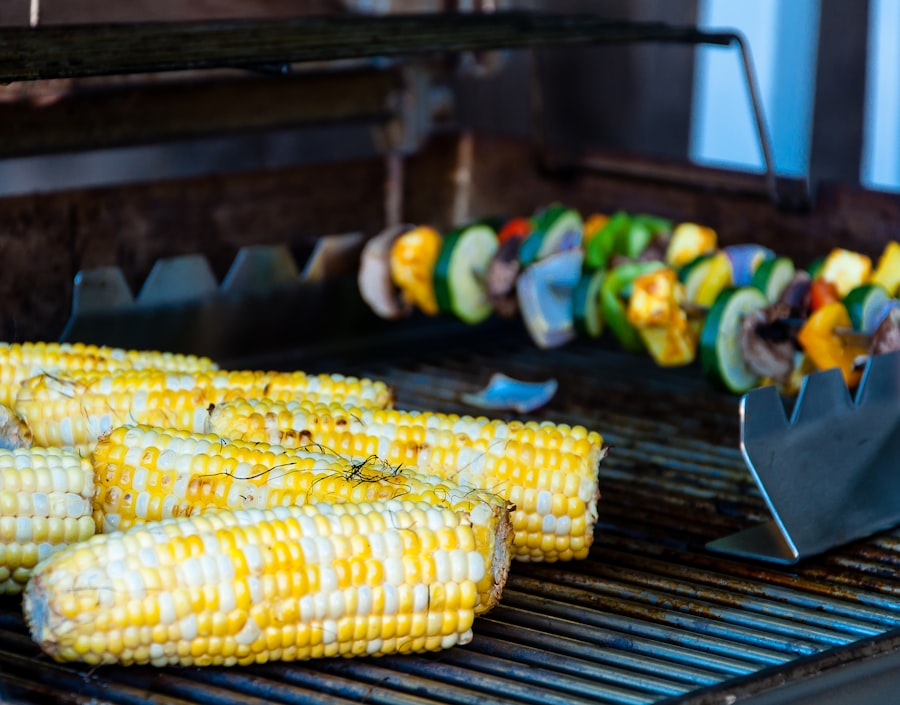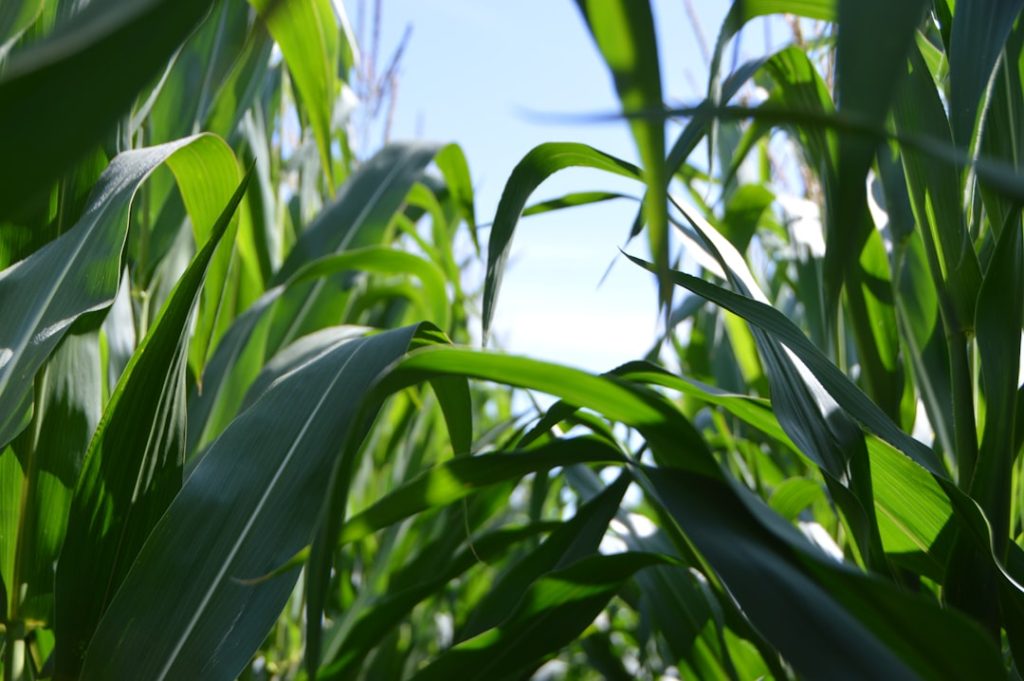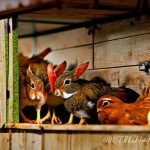Maintaining adequate warmth for chickens during winter is essential for their health and survival. Chickens are less efficient at regulating body temperature compared to mammals, making them vulnerable to cold-related issues such as frostbite and hypothermia. When temperatures drop, chickens naturally fluff their feathers to create an insulating air layer, but this may be insufficient in severe cold conditions.
Cold temperatures also impact egg production in hens. During extreme cold, chickens prioritize warmth over egg-laying, potentially leading to decreased egg production in winter months. This reduction can affect farmers’ egg supplies.
Additionally, cold stress can compromise chickens’ immune systems, increasing their susceptibility to diseases and infections. To ensure chickens’ well-being during winter, several measures are necessary. These include providing appropriate shelter and bedding, offering suitable and high-energy foods, giving warm treats and supplements, ensuring access to fresh water and electrolytes, and closely monitoring their health and behavior.
Implementing these strategies is crucial for maintaining the warmth and overall health of chickens throughout the winter season.
Table of Contents
- 1 Providing Proper Shelter and Bedding for Chickens
- 2 Choosing the Right Foods to Keep Chickens Warm
- 3 Incorporating High-Energy Foods into the Chickens’ Diet
- 4 Offering Warm Treats and Supplements to Chickens
- 5 Ensuring Access to Fresh Water and Electrolytes
- 6 Monitoring Chickens’ Health and Behavior During Winter
- 7 FAQs
Key Takeaways
- Keeping chickens warm in winter is crucial for their health and well-being
- Proper shelter and bedding are essential for protecting chickens from the cold
- Choosing the right foods, including high-energy options, can help keep chickens warm
- Offering warm treats and supplements can provide additional warmth and comfort for chickens
- Ensuring access to fresh water and electrolytes is important for maintaining chickens’ health during winter
Providing Proper Shelter and Bedding for Chickens
Coop Size and Bedding
The coop should be spacious enough to allow the chickens to move around comfortably, but not so large that it becomes difficult to heat effectively. Bedding is also crucial for keeping chickens warm in winter. A thick layer of bedding such as straw or wood shavings can provide insulation and warmth for the chickens. The bedding should be kept clean and dry, as damp bedding can lead to health issues such as respiratory problems and frostbite.
Maintaining a Hygienic Environment
It is important to regularly clean and replace the bedding to maintain a warm and hygienic environment for the chickens. This will help prevent health issues and keep the chickens warm and comfortable during the cold winter months.
Roosting Bars for Added Warmth
Furthermore, providing roosting bars for the chickens to perch on can also help keep them warm. When chickens roost, they fluff up their feathers and tuck their feet under their bodies to conserve heat. Therefore, having roosting bars at different heights allows the chickens to huddle together and share body heat, helping them stay warm during cold nights.
Choosing the Right Foods to Keep Chickens Warm
Choosing the right foods for chickens during winter is essential for keeping them warm and healthy. A well-balanced diet is crucial for maintaining the chickens’ energy levels and body temperature during the colder months. It is important to provide a mix of grains, seeds, fruits, and vegetables to ensure that the chickens receive all the necessary nutrients to stay warm and healthy.
Feeding chickens high-quality layer feed is important during winter, as it provides essential nutrients such as protein, vitamins, and minerals that are necessary for maintaining their health and egg production. Layer feed is specifically formulated to meet the nutritional needs of laying hens, providing them with the necessary energy to stay warm and continue laying eggs during the winter months. In addition to layer feed, it is also beneficial to supplement the chickens’ diet with scratch grains.
Scratch grains are a mix of cracked corn, barley, oats, and other grains that provide extra energy for the chickens. Scatter scratch grains in the coop or run area to encourage the chickens to scratch and peck for food, which helps keep them active and warm during the winter. Furthermore, providing a variety of fruits and vegetables such as apples, carrots, and leafy greens can also help keep chickens warm in winter.
These foods are not only nutritious but also provide additional moisture to keep the chickens hydrated during the colder months.
Incorporating High-Energy Foods into the Chickens’ Diet
Incorporating high-energy foods into the chickens’ diet is crucial for keeping them warm during winter. High-energy foods provide the necessary calories and nutrients that chickens need to maintain their body temperature and energy levels in cold weather. By including high-energy foods in their diet, chicken owners can help ensure that their flock stays healthy and comfortable throughout the winter months.
One high-energy food that can be incorporated into the chickens’ diet is black oil sunflower seeds. These seeds are rich in fat and protein, providing a valuable source of energy for chickens during winter. Scatter black oil sunflower seeds in the coop or run area to encourage the chickens to forage and peck for these nutritious seeds.
Another high-energy food that can benefit chickens during winter is mealworms. Mealworms are a protein-rich treat that can help boost the chickens’ energy levels and provide essential nutrients to support their overall health. Scatter mealworms in the coop or run area as a special treat for the chickens to enjoy during the colder months.
Additionally, cracked corn is a high-energy food that can help keep chickens warm in winter. Cracked corn is rich in carbohydrates, which provide a valuable source of energy for chickens during cold weather. Scatter cracked corn in the coop or run area to encourage the chickens to scratch and peck for this nutritious food.
By incorporating high-energy foods into the chickens’ diet, chicken owners can help ensure that their flock receives the necessary nutrients and calories to stay warm and healthy during winter.
Offering Warm Treats and Supplements to Chickens
Offering warm treats and supplements to chickens can help keep them warm and healthy during winter. Warm treats such as cooked grains, oatmeal, or scrambled eggs can provide a comforting and nutritious snack for chickens during cold weather. These warm treats not only help keep the chickens warm but also provide essential nutrients to support their overall health.
Cooked grains such as rice or quinoa can be offered as a warm treat for chickens during winter. Cooked grains are easy to digest and provide a valuable source of energy for the chickens. Serve cooked grains in a shallow dish or scatter them in the coop or run area for the chickens to enjoy.
Oatmeal is another warm treat that can benefit chickens during winter. Cooked oatmeal provides a comforting and nutritious snack for chickens, helping to keep them warm and satisfied during cold weather. Serve cooked oatmeal in a shallow dish or scatter it in the coop or run area as a special treat for the chickens.
In addition to warm treats, offering supplements such as poultry vitamins or probiotics can help support the overall health of chickens during winter. Poultry vitamins provide essential nutrients such as vitamins A, D, and E, which are important for maintaining the chickens’ immune system and overall well-being. Probiotics can also help support digestive health and nutrient absorption in chickens, ensuring that they receive all the necessary nutrients to stay warm and healthy during winter.
By offering warm treats and supplements to chickens, chicken owners can help ensure that their flock stays warm, healthy, and happy throughout the winter months.
Ensuring Access to Fresh Water and Electrolytes

Preventing Water Freezing
One way to prevent water from freezing is by using heated waterers or adding a small heater or heated base to the waterer to keep it from freezing in cold temperatures. Heated waterers are designed specifically for use in cold weather and can help ensure that chickens have access to fresh water throughout the winter months.
The Importance of Electrolytes
Electrolytes provide essential minerals such as sodium, potassium, and calcium, which are important for maintaining hydration and supporting proper bodily functions in chickens. Adding electrolytes to the chickens’ water supply can help ensure that they receive all the necessary nutrients to stay warm and healthy during winter.
Maintaining Clean and Accessible Water
Furthermore, it is important to regularly check water sources for freezing or contamination and take proactive measures to ensure that the water remains clean and accessible for the chickens.
By ensuring access to fresh water and electrolytes, chicken owners can help support hydration and overall health in their flock during the colder months.
Monitoring Chickens’ Health and Behavior During Winter
Monitoring chickens’ health and behavior during winter is essential for identifying any signs of cold stress or illness. It is important for chicken owners to regularly observe their flock for any changes in behavior or appearance that may indicate a health issue or discomfort due to cold temperatures. One way to monitor chickens’ health during winter is by observing their behavior in the coop or run area.
Healthy chickens will be active, alert, and socialize with other members of the flock. If a chicken appears lethargic, hunched over, or isolated from the rest of the flock, it may be a sign of cold stress or illness. In addition to observing behavior, it is important to regularly check the chickens’ physical appearance for any signs of cold stress or illness.
Look for symptoms such as pale combs and wattles, shivering, or frostbite on extremities such as toes or combs. If any of these symptoms are observed, it is important to take immediate action to address any potential health issues or discomfort due to cold temperatures. Furthermore, monitoring egg production can also provide valuable insight into the overall health of the flock during winter.
A decrease in egg laying may indicate that the chickens are experiencing cold stress or discomfort due to low temperatures. By monitoring egg production and observing any changes in behavior or appearance, chicken owners can take proactive measures to address any potential health issues or discomfort in their flock during winter. In conclusion, keeping chickens warm in winter is essential for maintaining their health and well-being.
By providing proper shelter and bedding, choosing the right foods, incorporating high-energy foods into their diet, offering warm treats and supplements, ensuring access to fresh water and electrolytes, and monitoring their health and behavior, chicken owners can help ensure that their flock stays warm, healthy, and happy throughout the colder months.
If you’re looking for tips on keeping chickens warm in the winter, you might want to check out this article on the best kind of coop for chickens on PoultryWizard. It offers valuable information on how to create a cozy and insulated environment for your feathered friends during the colder months. (source)
FAQs
What are some foods that can help keep chickens warm in winter?
Some foods that can help keep chickens warm in winter include cracked corn, black oil sunflower seeds, and mealworms. These foods are high in fat and protein, which can help chickens maintain their body temperature in cold weather.
Why is it important to keep chickens warm in winter?
It is important to keep chickens warm in winter because cold temperatures can cause stress and discomfort for chickens, leading to decreased egg production and potential health issues. Providing warm foods can help chickens maintain their body temperature and overall well-being during the winter months.
How should these foods be offered to chickens?
These foods can be offered to chickens in a variety of ways, such as scattering them on the ground for chickens to peck at, placing them in a feeder, or mixing them with their regular feed. It is important to monitor the chickens’ intake and adjust the amount of warm foods offered based on their needs.
Are there any other ways to keep chickens warm in winter?
In addition to providing warm foods, other ways to keep chickens warm in winter include insulating the coop, using heat lamps or heated waterers, and ensuring good ventilation while minimizing drafts. It is important to provide a comfortable and safe environment for chickens to thrive during the colder months.
Meet Walter, the feathered-friend fanatic of Florida! Nestled in the sunshine state, Walter struts through life with his feathered companions, clucking his way to happiness. With a coop that’s fancier than a five-star hotel, he’s the Don Juan of the chicken world. When he’s not teaching his hens to do the cha-cha, you’ll find him in a heated debate with his prized rooster, Sir Clucks-a-Lot. Walter’s poultry passion is no yolk; he’s the sunny-side-up guy you never knew you needed in your flock of friends!







